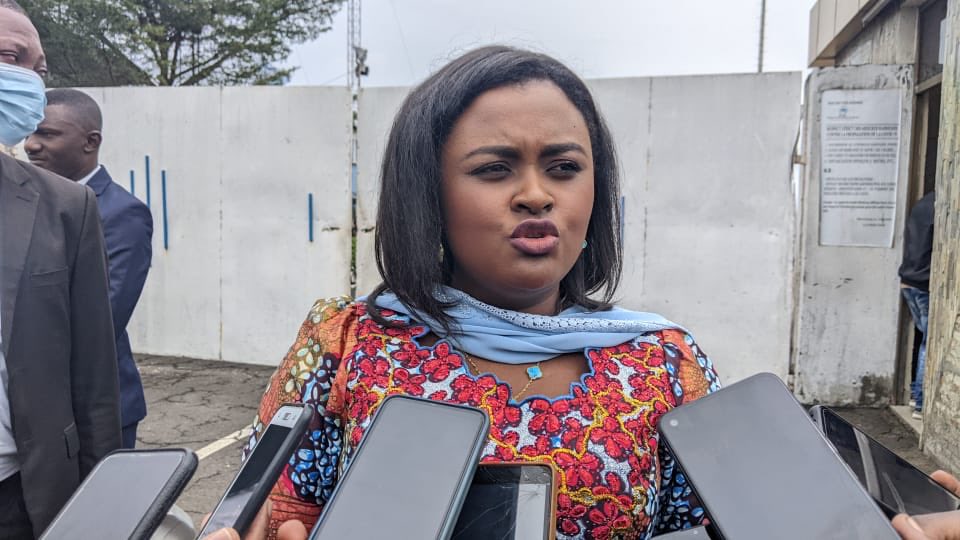Regional
Tshisekedi wants M23 out of DRC. Who are these rebels? And why is the Congolese leader not saying where they should go?
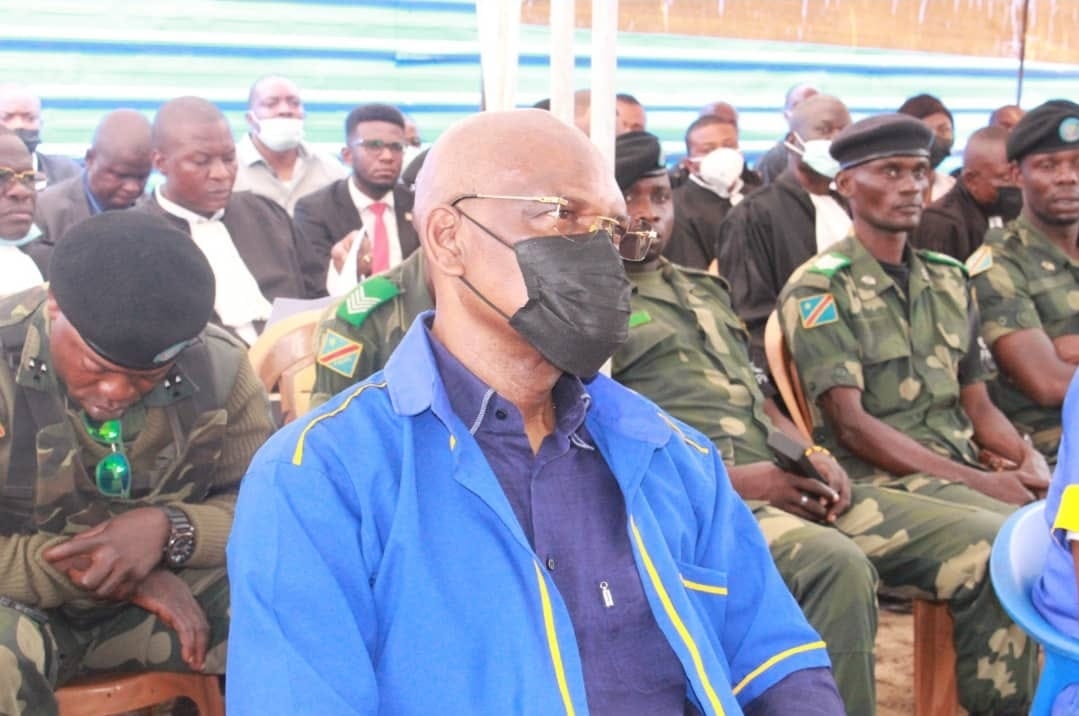
Congolese
President Félix Tshisekedi on Wednesday, September 21, made several demands
regarding efforts to curtail insecurity in his country’s volatile eastern
region, as he addressed the UN General Assembly.
One
was that it is necessary to bring about "the immediate withdraw of the M23
rebels" from occupied areas, and the return of displaced Congolese people.
The
Congolese leader did not shed light, possibly due to lack of ample time or
perhaps because he intended it, on who the rebels are, or clearly state where
the M23 should go after they withdraw. The M23 says it aims to protect its
people from oppression in their homeland, DRC. But it is accused by Tshisekedi
of opposing his government with Rwanda’s backing.
The
M23 or "March 23 Movement" is a Congolese rebel group that was
defeated in 2013 and fled to Rwanda and Uganda. The group that fled to Uganda returned to
DRC in 2017, but had remained dormant until it resume activities again in late
2021
The
M23 group that fled to Rwanda was first disarmed and secured in Rubavu
district, near the border with DRC. About two weeks later, Kigali relocated the
group – about 680 M23 fighters – to the country’s Eastern Province, far away
from the Rwanda-DRC border.
Kigali
was doing its best to abide by international norms which dictate that in a
situation where armed rebels cross into a country, they must be relocated to a
place far from the borderline of their country.
It
is important to genuinely examine why the group is taking up arms again after
all this time. Its fighters are not Rwandan. One of the M23 grievances is the
continued harassment of Congolese Tutsi who are from the same ethnic group that
bore the brunt of 1994 Genocide against the Tutsi in Rwanda.
The
renewed conflict is an internal crisis touching the persecution of Kinyarwanda
speaking Congolese. The M23 have national grievances linked to lack of
security, discrimination of their community and poor governance at large.
The
government in Kinshasa, and previous regimes, deliberately refused to recognize
that the rebels are legitimate Congolese citizens. Whenever there is a
political crisis, Kinshasa claims that these people are Rwandans simply because
they speak the same language as the people of Rwanda.
When
the two countries’ borders were drawn by the colonialists during the Berlin
conference, some Kinyarwanda speakers became part of the Congo. Kinshasa’s
continued denial of their rights is a big problem that will not be sorted by
disowning them.
In
June, the rebels seized territory across North Kivu Province, including the
strategic town of Bunagana, on the Uganda-DRC border.
Now,
some questions remain. Will the rebels give up the territory they captured?
Should they move out of captured territory, where does Tshisekedi want them to
go? Will they even budge?



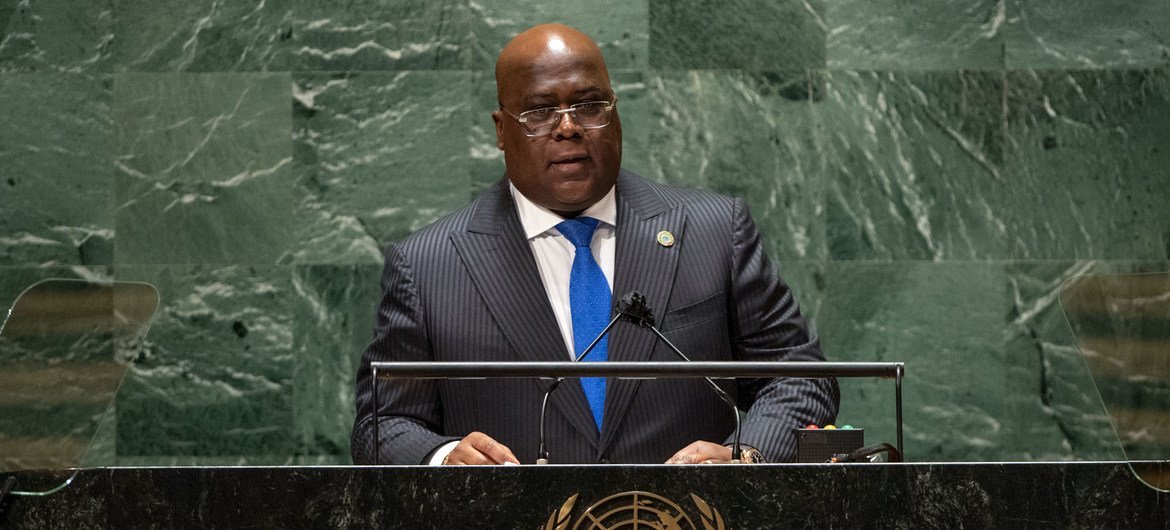

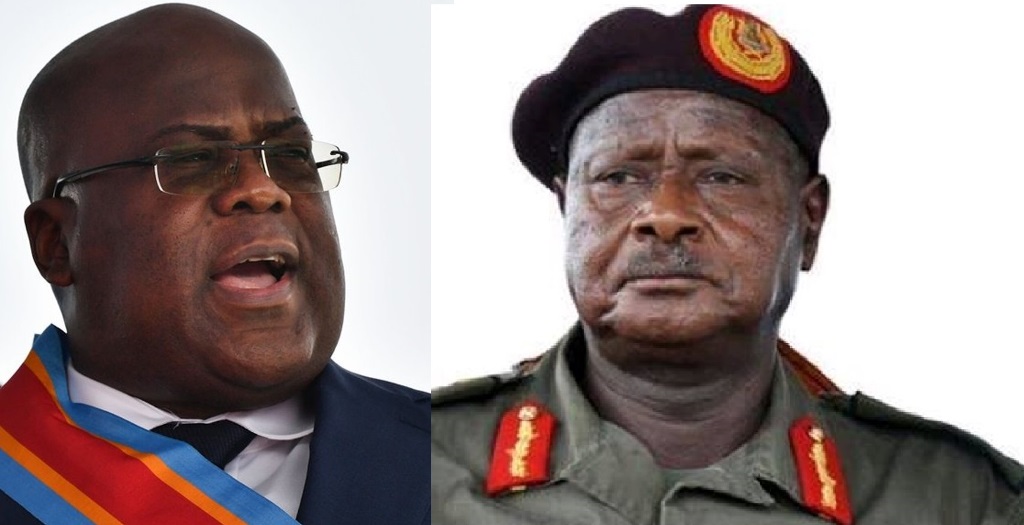
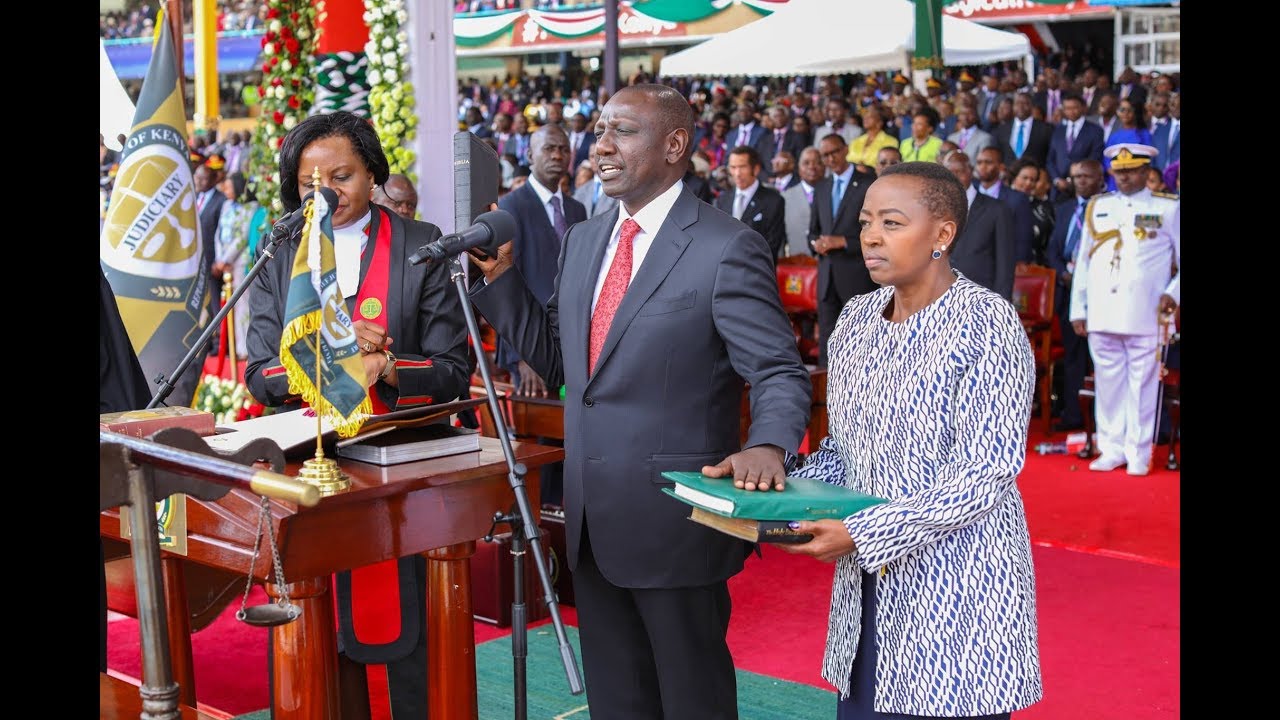
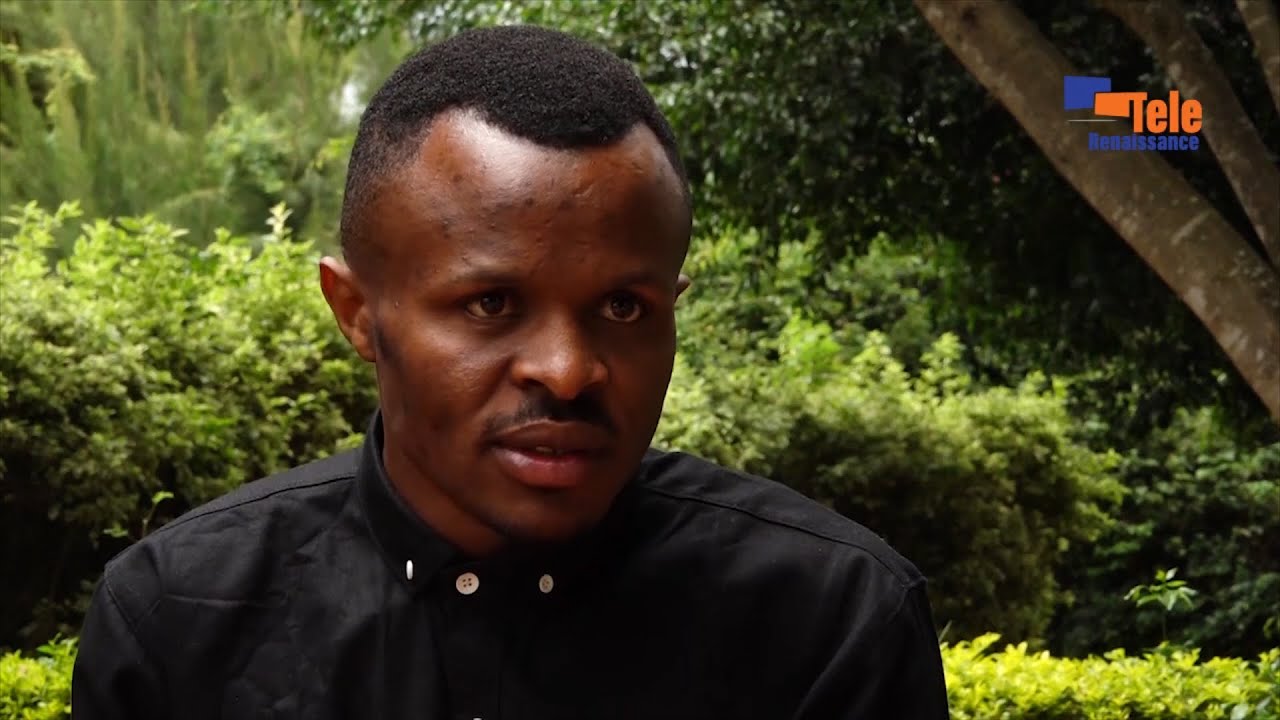
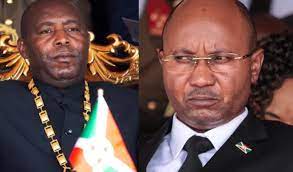
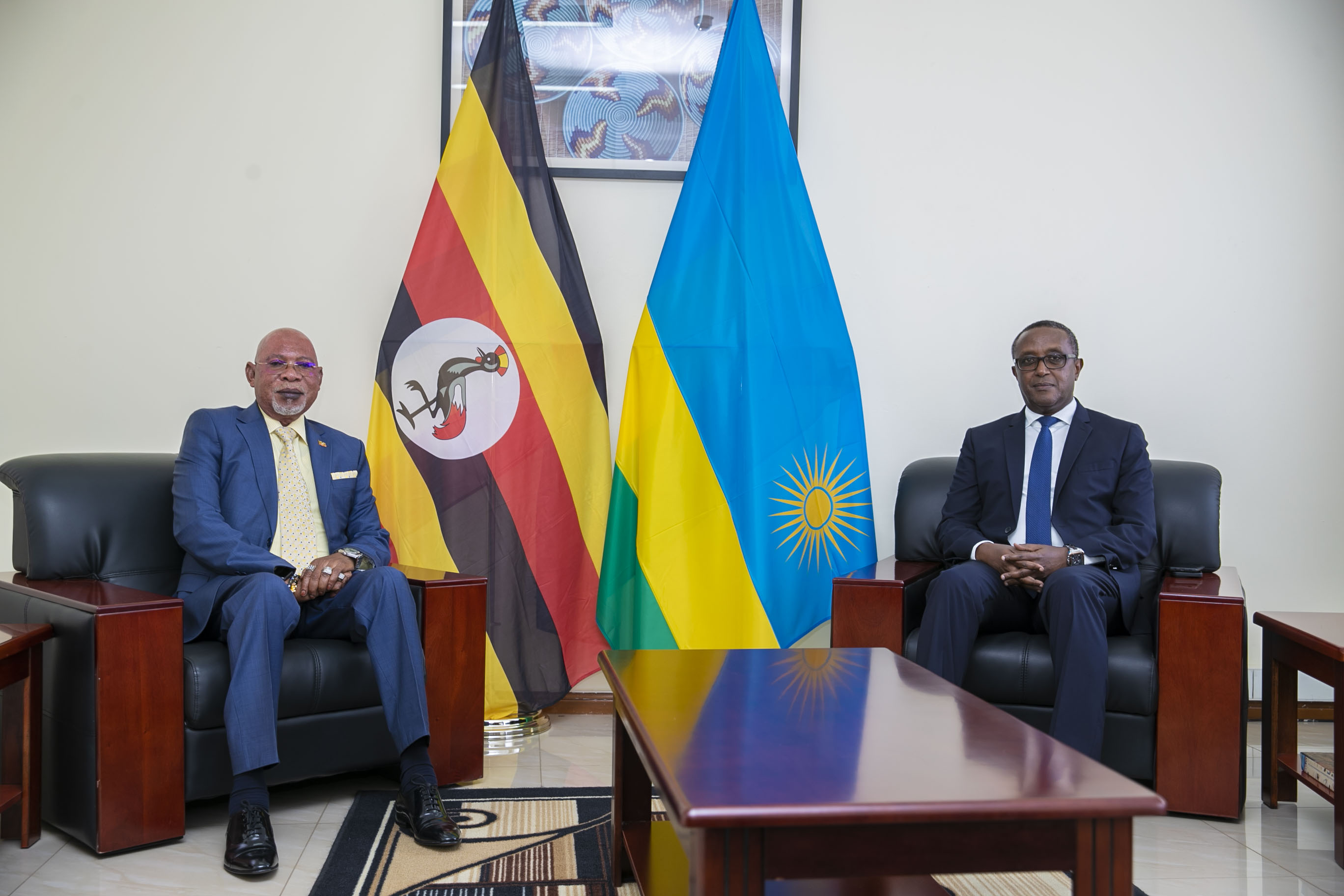
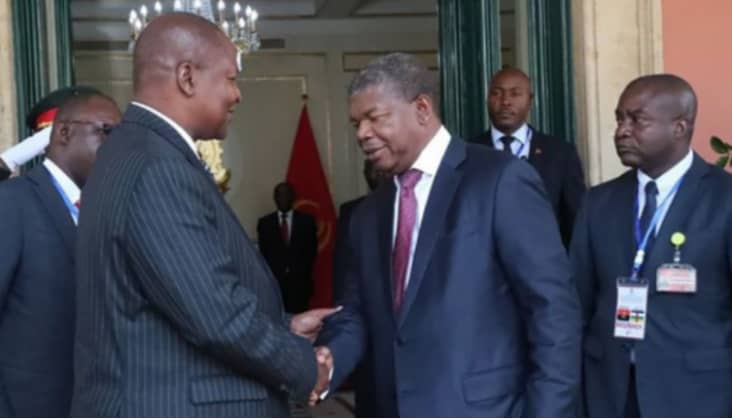
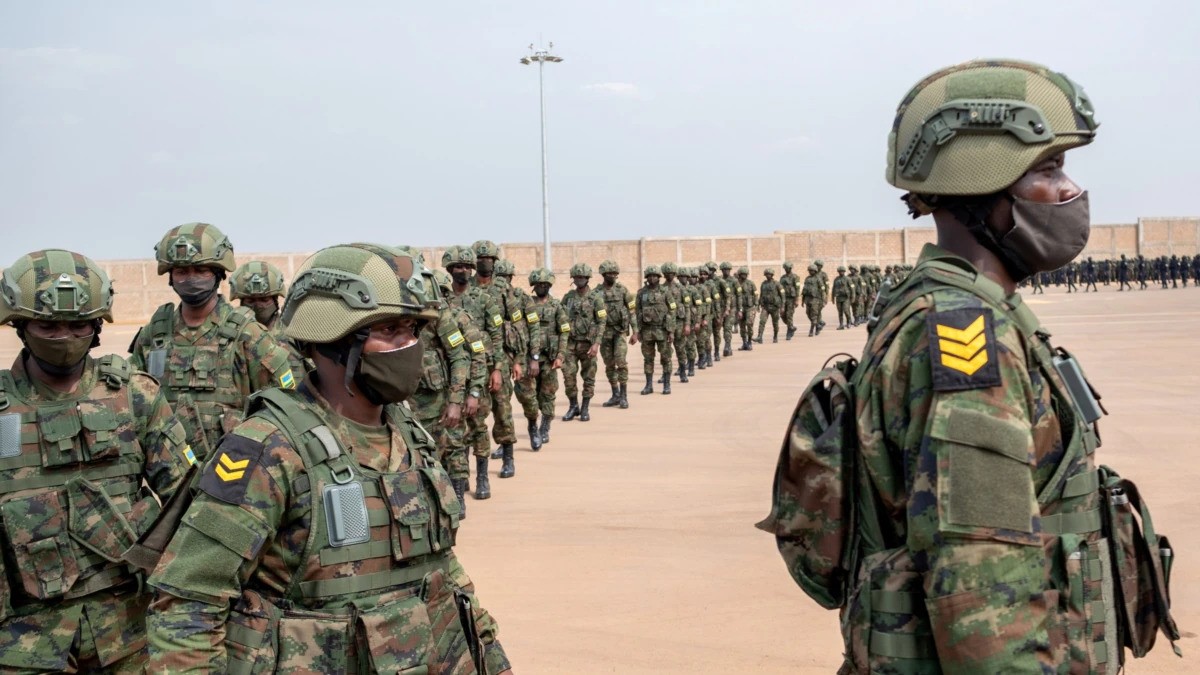
.jpg-20220901012416000000.jpg)
